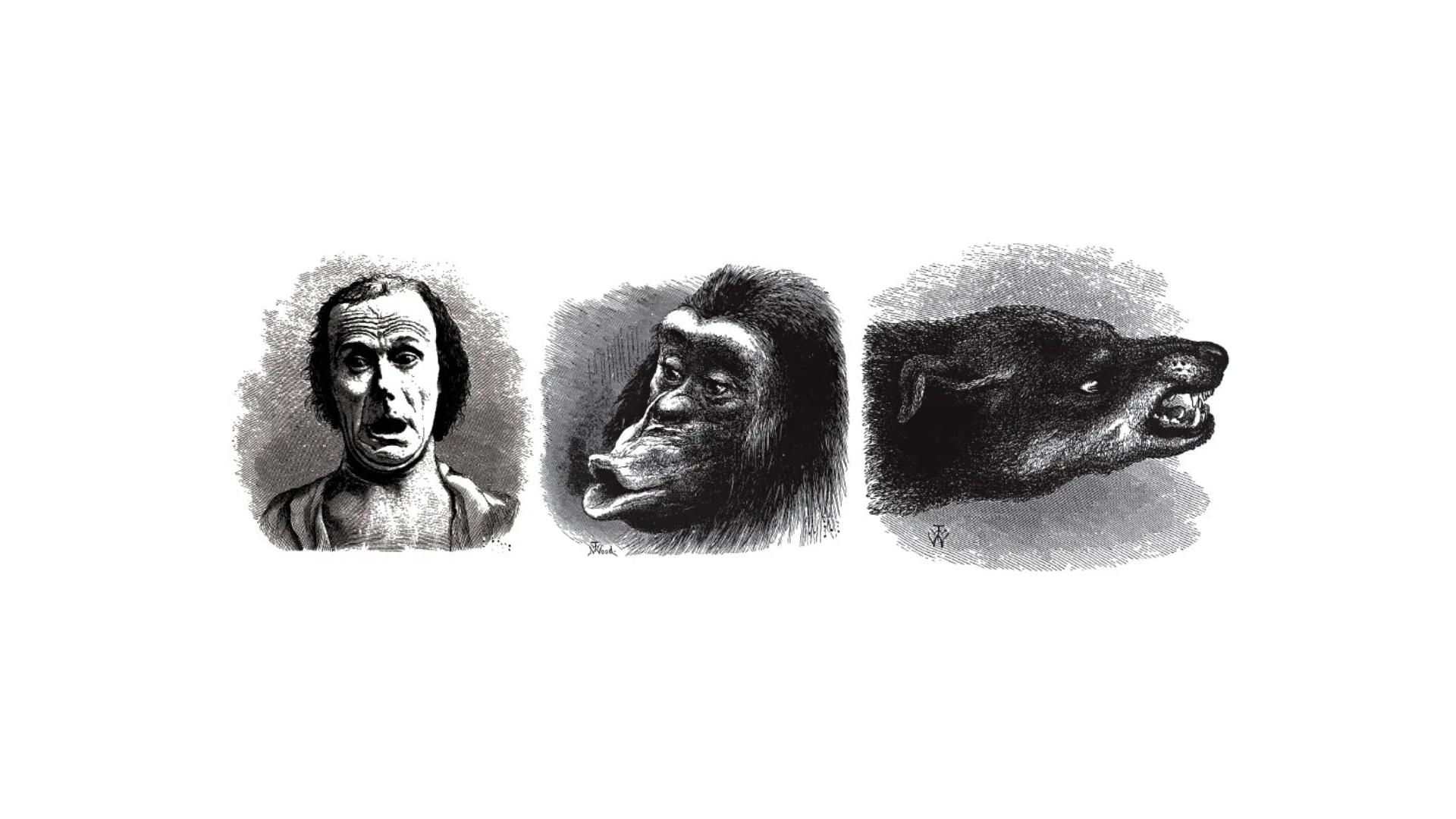H.L. STORY
Selected Works in Philosophy
Below are a few past works from my portfolio, mainly in the realm of aesthetics, though with explorations into philosophy of mind (consciousness).

While emotions are multifaceted phenomena, it seems there are some elements which are essential components of a comprehensive theory of emotion— specifically involving intentionality and how it might manifest cross-specially, viewed from cognitivist and Darwinian frameworks. While the gap between primitive emotion and intentional mental states has been a continual dilemma in studies of emotion, we may be able to reach a more inclusive theory by reevaluating the preconditions of intentionality and emphasizing the continuous interaction between neurophysiological responses and cognitive evaluation.

The process of artistic creation, especially in the West, has generally been a self-conscious one, constantly probing into the nature of art with endless questioning. Among these questions are most fundamentally: What is art? Must art be beautiful? And if so, can we form objective standards of beauty? While philosophers have been considering the nature and significance of art for centuries, only recently have we been able to consider the aesthetic experience as a biological and neurological phenomenon, with deep roots in our evolutionary history— one which is not merely a reflection of evolutionary imperatives, but more importantly a tool for extracting meaning from the mundane and shaping man’s understanding of himself and the world.

The concept of kitsch is one critiqued frequently in the work of Roger Scruton as one of the major maladies of the modern art world. […] The most compelling aspect of Scruton’s argument against kitsch is that of the falseness specifically of sentimental feelings— ones which are directed not at the purported object of sentimentality, but rather the subject who is feeling the emotions. It is an essentially egoistic experience, and denies people the full humanness of life and the arts. [...] The object of sentimental feeling is in some way perverted by being made a means to an (emotional) end by the subject. Sentimentality, therefore, along with cynicism, are “two ways in which things of value are demoted to things with a price.” (Scruton, 2005, p.32) The latter point is what I will address next in an attempt to defend kitsch: the position which comprises a large part of the hostility against kitsch, namely one of cynicism.
